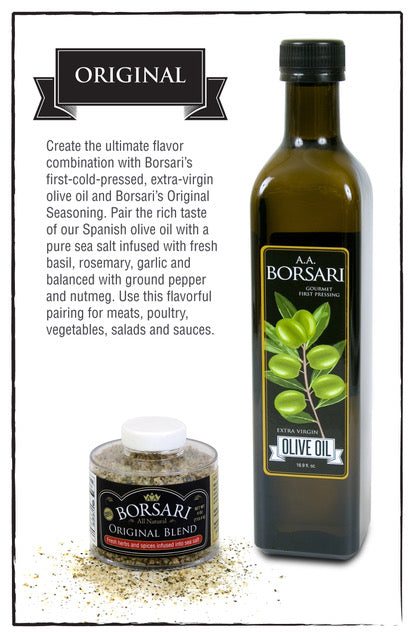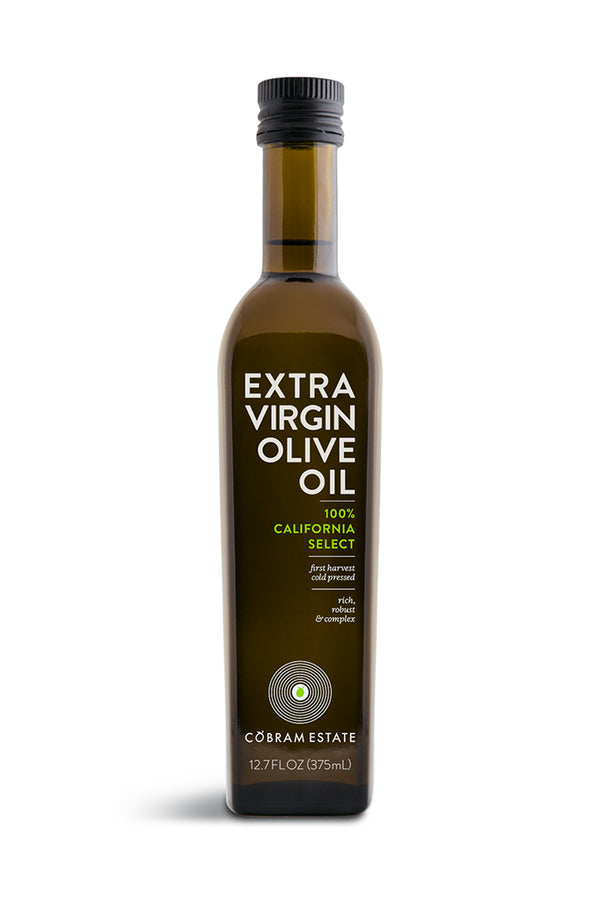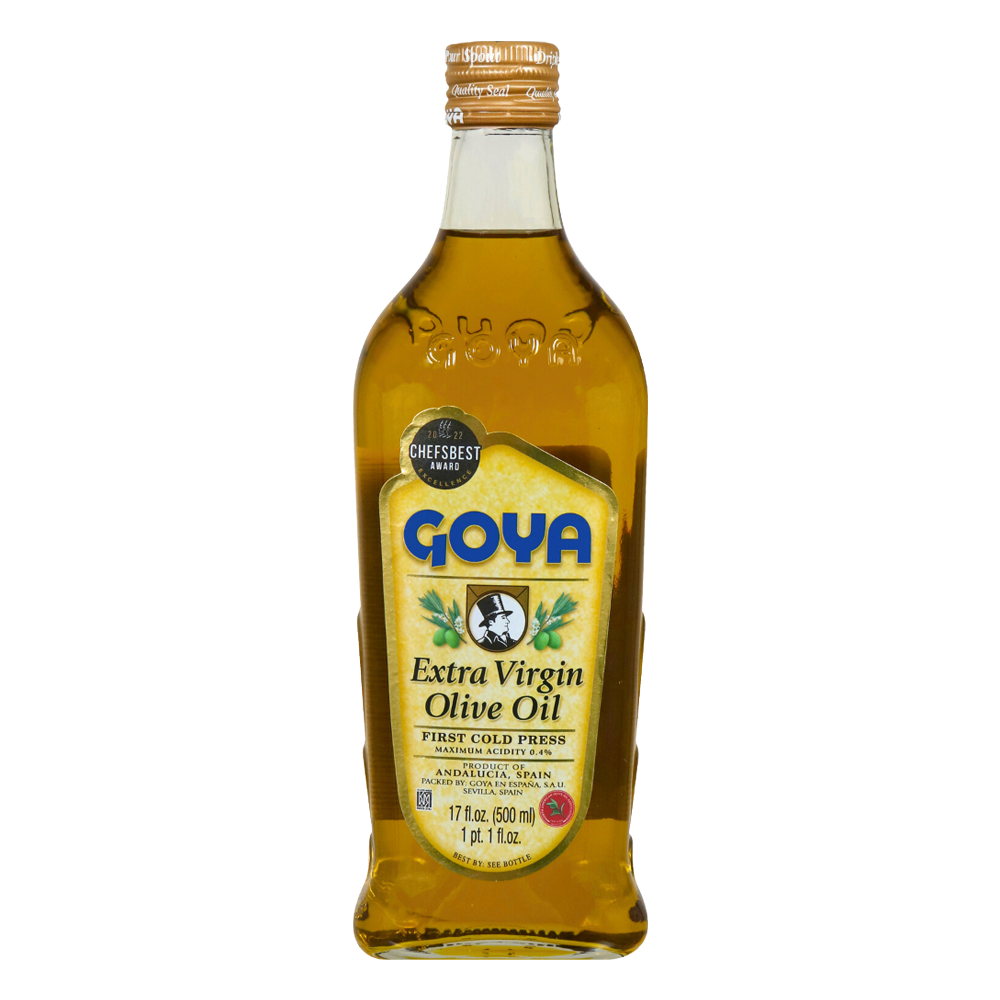How Extra Virgin Olive Oil Benefits Your Heart and Overall Well-being
How Extra Virgin Olive Oil Benefits Your Heart and Overall Well-being
Blog Article
Exploring the Various Sorts Of Olive Oil and Their Usages, Including Bonus Virgin Olive Oil
The exploration of olive oil incorporates a varied range of kinds, each offering cooking applications and distinct tastes. Bonus virgin olive oil, renowned for its remarkable top quality and wellness benefits, offers as a staple in numerous cooking areas, yet it is just one element of this complex component.
What Is Olive Oil?
Acquired from the fruit of the olive tree, olive oil is a staple in Mediterranean food and a vital component in various cooking applications. This functional oil is produced by pressing entire olives, resulting in a fluid that differs in flavor, scent, and shade depending upon the sort of olives made use of, the area of growing, and the removal process. Olive oil is mainly made up of monounsaturated fats, especially oleic acid, which is known for its possible wellness benefits, consisting of anti-inflammatory homes and cardiovascular support.
Along with its cooking uses, olive oil has a long background of application in typical medicine and skincare, owing to its abundant antioxidant material (extra virgin olive oil benefits). The oil is often utilized in dressings, marinades, and for cooking approaches such as sautéing and roasting. Its unique flavor account can enhance the taste of various meals, making it a necessary component for both home cooks and specialist cooks
In addition, olive oil is commemorated for its role in the Mediterranean diet regimen, which is connected with various wellness advantages. As recognition of these benefits expands, olive oil proceeds to get appeal worldwide as a fundamental element of a healthy lifestyle.
Sorts Of Olive Oil
Recognizing the different types of olive oil is necessary for both culinary lovers and health-conscious consumers. Olive oil is identified mostly based upon its removal approach and top quality, which significantly impacts its flavor, health, and aroma benefits.

Light olive oil, regardless of its name, refers to a lighter taste and not lower calories. It is optimal for those looking for an extra refined preference in marinates and dressings. Furthermore, there are flavored olive oils infused with herbs, seasonings, or citrus, which can improve recipes without the demand for additional spices.
Each sort of olive oil offers particular cooking objectives, and comprehending these distinctions enables consumers to make enlightened choices that straighten with their food preparation designs and wellness objectives.
Additional Virgin Olive Oil
Extra virgin olive oil (EVOO) is commonly pertained to as the best quality olive oil offered, popular for its rich flavor and various wellness benefits. To be categorized as extra virgin, the oil must be produced from fresh olives making use of mechanical processes, without making use of solvents or extreme warmth. This thorough technique preserves the oil's natural flavors, anti-oxidants, and healthy and balanced fats, leading to a product with a reduced level of acidity degree of much less than 0.8%.
EVOO is bountiful in monounsaturated fats, specifically oleic acid, which is linked to reduced inflammation and enhanced heart wellness. It likewise has polyphenols, effective antioxidants that may provide protective results versus persistent conditions. The taste account of EVOO can vary significantly relying on the olive variety and region of production, varying from grassy and fruity to robust and peppery.

Culinary Uses of Olive Oil

In food preparation, olive oil can be used for sautéing, toasting, and cooking, offering a much healthier alternative to butter or various other fats. Its high smoke factor makes it ideal for different cooking approaches, while its antioxidants add to a heart-healthy diet plan. Showering olive oil over completed dishes, such as pasta, fish, or smoked veggies, can boost tastes and include a touch of style.
Additionally, olive oil plays a substantial duty in cooking, where it can replace traditional fats in dishes for bread and pastries, imparting moisture and a refined preference. It additionally functions as a base for instilled oils, allowing chefs to experiment with tastes such as garlic, natural herbs, or chili, additionally broadening its cooking possibility. Generally, olive oil's convenience makes it essential in both home and professional kitchen areas.
Picking Quality Olive Oil
When picking quality olive oil, it's vital to consider a number of crucial elements that affect the product's flavor, wellness, and click here now scent benefits. Most importantly, choose additional virgin olive oil (EVOO), which is obtained from the initial chilly pressing of olives and includes the highest degree of anti-oxidants and beneficial compounds. Look for oils that are certified by acknowledged organizations, as this typically ensures adherence to strict quality criteria.
The packaging likewise plays a considerable function in preserving the oil's integrity. Select oils stored in dark glass containers or tins to safeguard against light destruction. Take note of the harvest day; fresher oils offer premium taste and dietary worth, so select items that are within 18 months of their harvest.
In enhancement, take into consideration the beginning of the oil. Top notch olive oils typically originate from particular regions known for their distinct flavor accounts, such as Italian, Spanish, or Greek oils. my website Ultimately, recognize the taste; a top quality olive oil should have a balance of fruity, bitter, and peppery notes, showing its richness and intricacy. By examining these variables, you can guarantee you are selecting the very best olive oil for your culinary requirements.
Verdict
In recap, the expedition of numerous kinds of olive oil reveals unique features and applications, with added virgin olive oil representing the pinnacle of top quality due to its reduced acidity and high antioxidant material. Understanding the different varieties of olive oil permits for informed selections in food preparation techniques, advertising healthier techniques while enriching the total gastronomic experience.
Obtained from the fruit of the olive tree, olive oil is a staple in Mediterranean cuisine and a key component in various culinary applications.The most usual kinds of olive oil include fine-tuned olive oil, pure olive oil, and light olive oil.Bonus virgin olive oil (EVOO) is commonly concerned as the highest high quality olive oil offered, well known for its Learn More rich flavor and numerous health advantages. Choose for added virgin olive oil (EVOO), which is derived from the first cold pressing of olives and consists of the greatest degrees of antioxidants and helpful substances.In recap, the expedition of different types of olive oil exposes distinct characteristics and applications, with additional virgin olive oil standing for the peak of quality due to its reduced acidity and high antioxidant content.
Report this page